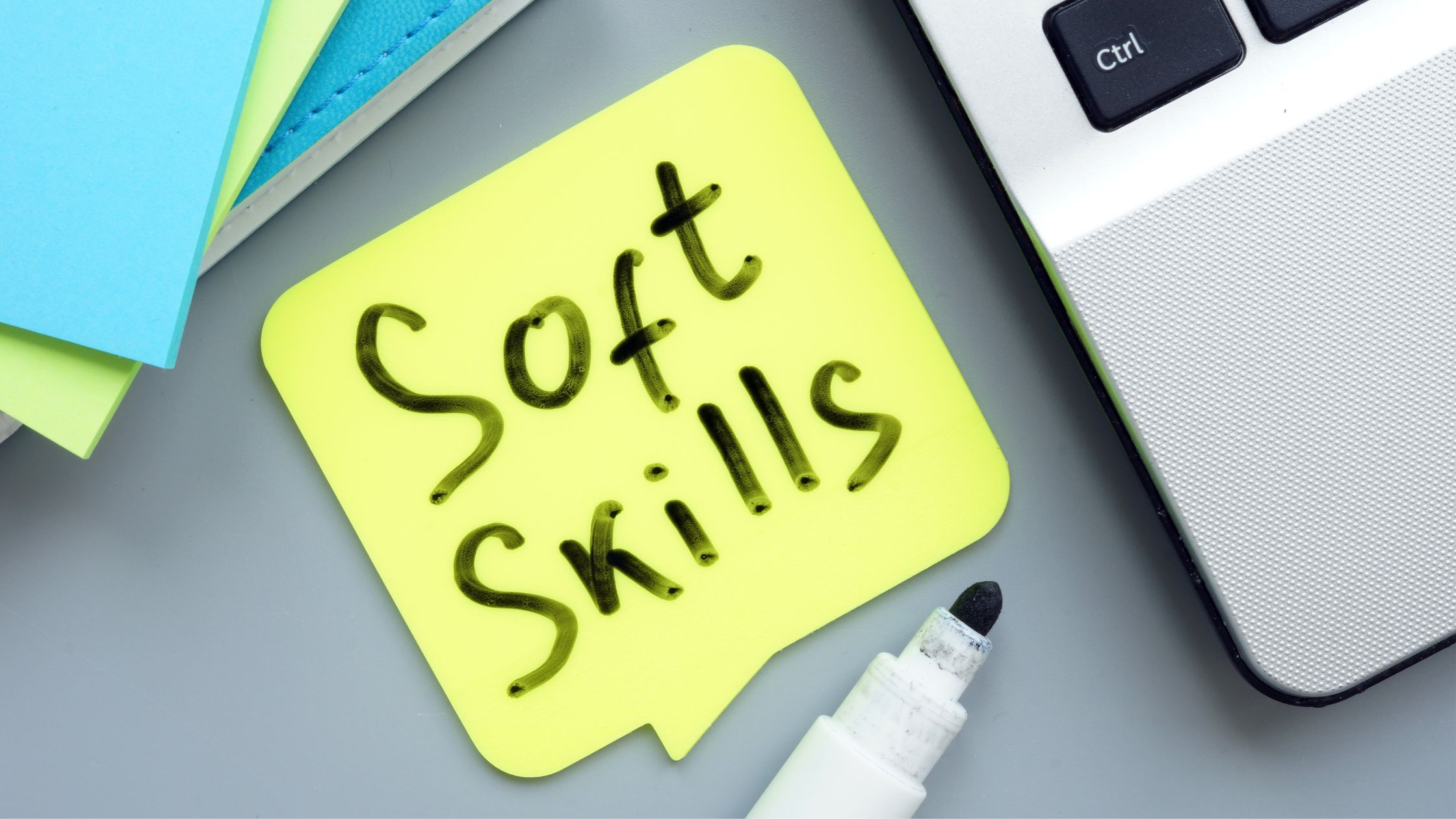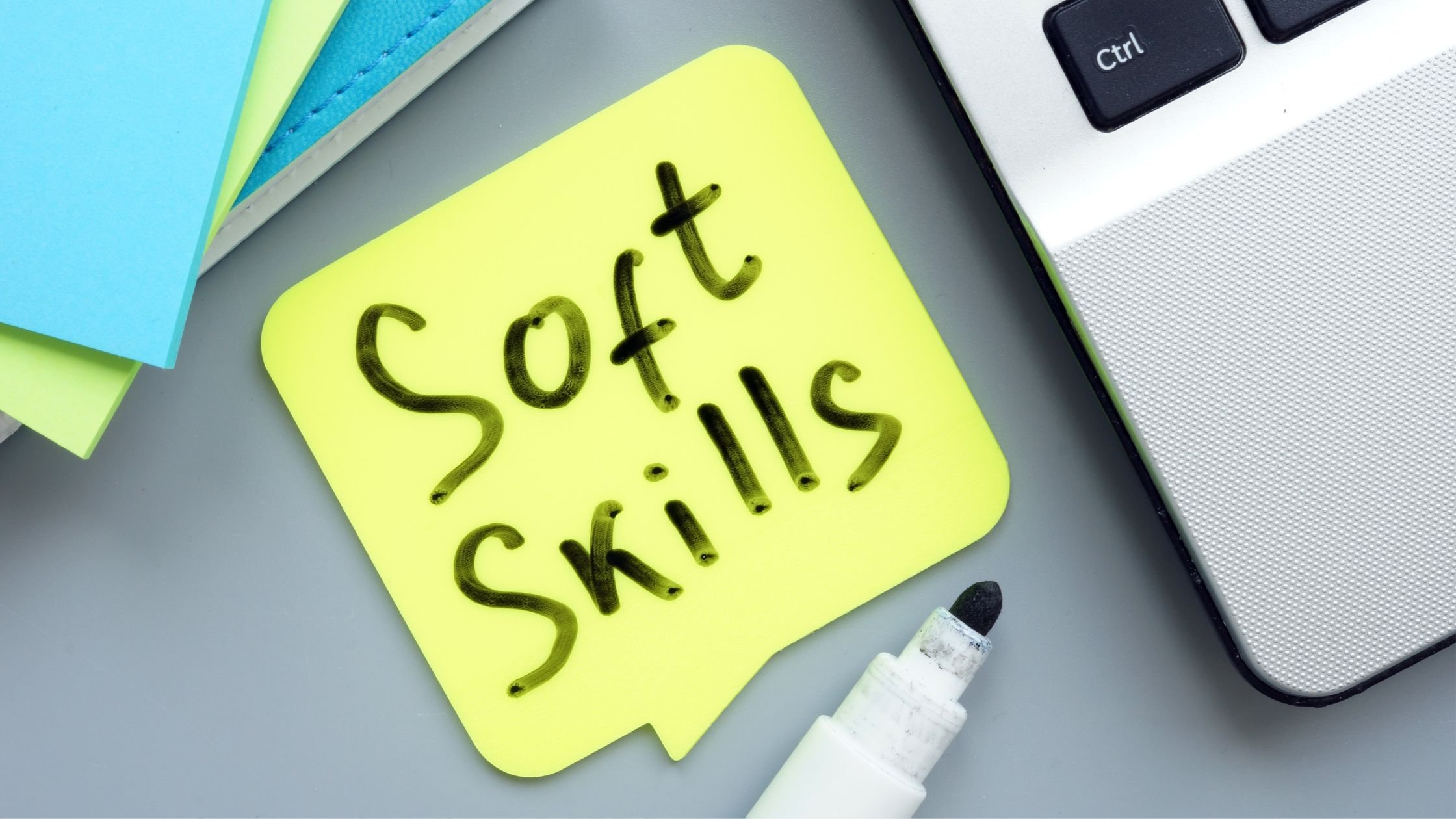
Why sharpen soft skills?

We all have a dream job or if not, a job that we prefer. And we know that to get it, we must have a certain skill set. For instance, a computer programmer must be well-versed in computer technology, applications, and programs. A dance instructor must know different genres and choreography.
Now, put on your customer hat. Would you enroll in a dance class where the instructor only yells at you if you are not getting the steps right? Or go to a programmer who does not listen to the design that you need? Customers would look at the credentials, educational attainment, and work experience but most of the time, the deal breaker is how you do business, and this is where your soft skills will come in place.
Soft skills are personal habits and traits that shape how you work, or as an organization, how they operate and conduct business. Soft skills include any skills developed beyond technical competencies and intellectual knowledge. Organizations place great value on the soft skill that contributes to collaboration, and integration promotes a positive work environment, and boost the morale of employees.
“Your hard skills help you acquire employment, and your soft skills help you ensure your employability. Hence, integrate hard and soft skills to fast-track your career.”
—Professor M.S. Rao
Top 10 Soft Skills in the workplace (according to Indeed Canada)
- Communication Skills
Communication, whether verbal, non-verbal, or written, is the basis for all interactions between colleagues. It is the means people use to share information, explore ideas, and organize efforts on large scales.
- Adaptability Skills
Adaptability skills are vital for strong work relationships since they enable people to adapt their work habits and communication styles to make others feel supported.
- Teamwork Skills
Teamwork is essential for maximizing productivity for any organization with more than a few employees. Teamwork skills involve creating and maintaining cooperative relationships, but they also help manage disagreements and conflicts.
- Creativity Skills
Creativity skills are talents that relate to thinking of new ideas, exploring unconventional possibilities, and inventing products or solutions. Companies depend on creativity to discover products that meet consumers' needs while also exciting them.
- Time – management Skills
Time-management skills are habits and tendencies that result in the efficient completion of tasks. Employees with strong time-management skills can work more independently and help colleagues remain focused when facing multiple assignments and deadlines.
- Interpersonal Skills
Interpersonal skills are the characteristics that make a team member trustworthy, pleasant to be around, and sensitive to the needs of others. They include empathy, patience, friendliness, and humility.
- Attention to Details Skills
Attention to detail is the ability professionals use to remain aware, consistent, and accurate in fulfilling their responsibilities.
- Work Ethics
Work ethic encompasses several traits that define how a person views their responsibility towards their organization. Employees with a strong work ethic consistently put forth their best effort, emphasize professionalism, and help colleagues accomplish their goals.
- Problem Solving Skills
Problem-solving skills help employees analyze obstacles and determine the best way to resolve them. Optimal productivity often depends on teams that practice these skills, including persistence, brainstorming, troubleshooting, and lateral thinking. Talented problem-solvers can apply their skills to technical issues, interpersonal conflicts, and organizational challenges.
- Leadership Skills
Leadership skills are the behaviors that qualify someone to set an example for other employees and make important decisions. Managers particularly benefit from strong leadership skills because the people they manage often replicate their methods of interacting and communicating, amplifying the effects of their personalities. Leadership skills include trustworthiness, reliability, mentorship, and confidence.
Soft skills are important for success in the workplace, and we can help you sharpen, strengthen, and improve these skills. Viventis Talent Development is a multidisciplinary team with diverse expertise in needs analysis and drafting tailor-made solutions for any given scenario.
Request for a custom workshop dedicated to elevating soft skills within your organization.

.png?width=1350&name=TD%20CTA_2%20(1).png)